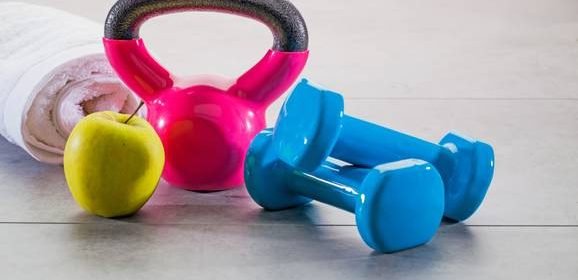Pensioners should pump iron and have high-protein diet – say scientists

Pensioners should take up weightlifting and eat more protein-rich food and drinks to stop them becoming frail in old age, scientists have advised.
As people live longer they may be more prone to infirmity, but the right exercise and diet can help keep the body strong, a study by scientists at University College Dublin revealed.
GPs are now being urged to prescribe this combination, including 20-25 minutes of exercise four days a week at home, to their older patients.
The exercise is composed of 15 workouts to strengthen the arms and legs as well as improving the person’s balance and co-ordination.
The importance of a diet with good levels of protein is also highlighted in the study in the ‘British Journal of General Practice’.
The researchers advise older people to eat eggs, milk, tuna and chicken, while a protein powder drink could be added to help limbs and joints to stay supple.
Dr John Travers and his UCD colleagues analysed 46 research studies with almost 16,000 participants.
“Keeping up exercise is important and using bespoke apps could be valuable,” they concluded.
Irish people are living longer but one in 10 pensioners suffers from infirmity, rising to half of the over-80s.
Men and women in Ireland are living on average to 81.5 years – five years longer than in 2000.
Irish women live four years longer than men, but lack of exercise is a major problem among the older generation.
Dr Travers said people should never believe they are too old to start weight training, and they can begin by lifting a small bottle of water at home and progressing to a heavier weight.
He said it was important not just to do the exercise but also to be mindful of consuming regular protein as this builds the muscle.
Fitness expert Karl Henry said yesterday that resistance training done in the gym or at home improves lean muscle mass.
“It improves your lean muscle mass and muscles around the joints which would improve your balance, reducing your risk of falls and slips,” he said.
Mr Henry said the weight itself does not have to be particularly heavy, but what is important is the number of times it is lifted.
This could involve a 2.5kg weight which is lifted 15 to 20 times.
“You should make sure that the muscle is struggling,” he added.
“The last two times you do the exercise there should be some form of struggle so that the muscle is forced to adapt and become stronger,” Mr Henry explained.
He said that standing and walking more will help to increase a person’s muscle mass as they get older.
“If the body sits in a chair the muscle will waste away,” said Mr Henry.
“If people use the stairs instead of a lift or get off the bus one stop earlier they will slow down muscle loss.”
He said his advice to people on protein is “eat it before you drink it”, with good sources being meat, fish and eggs.
“You would only have to opt for bars or drinks if you cannot eat enough in regular food,” he explained, adding it is possible for people to add more protein to the diet and space it out during the day.
Source: Read Full Article